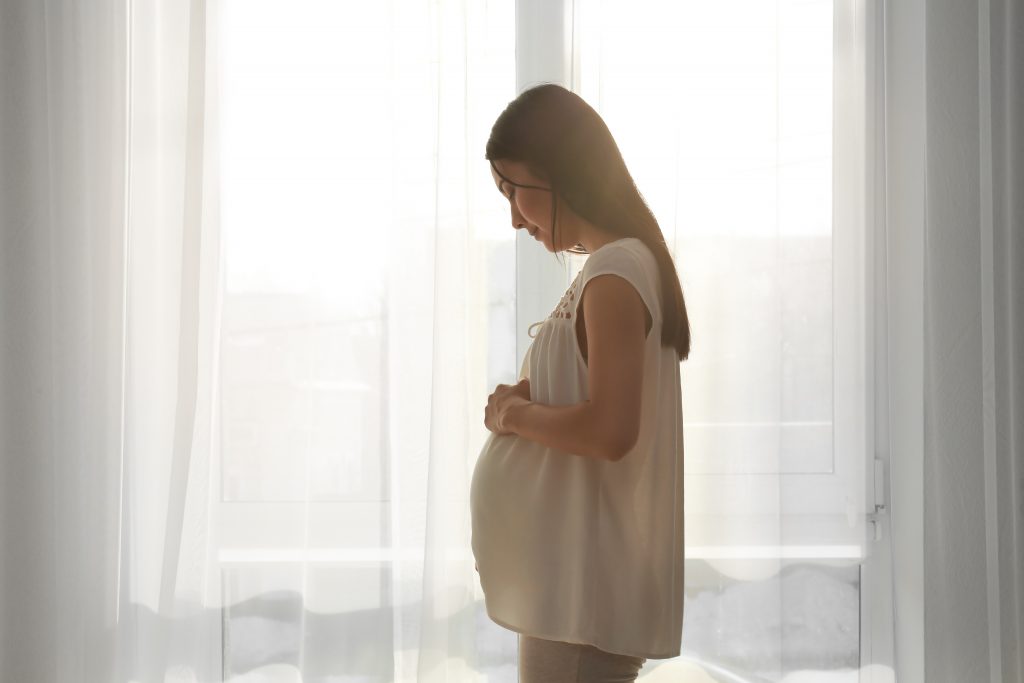I don’t think I’ve ever come across an op-ed that was so obviously wrong but led with claims that are so obviously true.
Writing in the Los Angeles Times, a science writer and artist named Margaret Wertheim opens by noting that the reality of a pregnant woman “does not fit into the system of categorization that’s long been the de facto standard for Western culture.”
This checks out.
She goes on to say that in modern Western philosophy, “a person is conceived of as an entity with independent intellectual agency.”
As the kids say today, “facts.”
But then things get weird. Wertheim insists that modern philosophers like Descartes — who famously said, “I think therefore I am” — were simply translating into secular terms the view of the Catholic Church. And this view is that “human being-ness is predicated on an individual self with free will, and thus the capacity to distinguish between right and wrong.”
She then does the math. In light of our post-Dobbs debate: the fetus — which is described as a “small bunch of cells,” clearly doesn’t have independent intellectual agency, free will, or the ability to distinguish between right and wrong. Abortion debate over, right?
The problem, Wertheim argues, is that pro-lifers who claim that the fetus is a person are going back to a medieval vision of the human person, one which the modern Western philosophical tradition reacted against.
But then things get even stranger. She moves to undermine her own argument by noting that “the mother-fetus relationship stands outside Western obsessions with individuality” and that a mother bearing a child is “at once an individual and collective.”
To be clear, the traditional Catholic view of the human person is that we are created as individuals-in-relationship, not only with our mother from the very moment we become a member of the Homo sapiens family (which every embryology textbook in the world teaches begins at fertilization) but with God, our family, other human beings, and all of creation. This anthropologic vision of “radical relationship” has at least 16 centuries of Christian Trinitarian thought behind it.
This is one reason feminist theologians have emphasized the analogy drawn between the bond of the pregnant woman with her baby and the intimacy of our relationship with God.
The fact of radical relationship, however, does not negate the individuality of those who are in such a relationship. This is one important difference between Christianity and eastern religions, which claim that individuality is an illusion.
The three persons of the Trinity are still individual persons. We are still individuals in our intimate relationship with a God we call “Abba” or “Daddy.” And the prenatal human remains an individual even as she has a nearly unimaginably intimate relationship with her mother.
Yes, they share an organ (the placenta); yes they exchange cellular tissue; yes, what the mother eats, drinks, smokes, and even speaks dramatically affects her baby. This is clearly a relationship unlike any other.
But the child is also an individual member of the species Homo sapiens. She has her own separate genetic code. She very often has a different blood type. She develops a four-chambered heart that pumps blood only six weeks after fertilization. If a hormone isn’t released during pregnancy, the mother’s immune system will attack the prenatal child as an individual separate and different from the mother.
So a Catholic understanding — far from suffering from its pre-modern view of the human person — is able to account for both the individuality and radical relationship involved in pregnancy precisely because its view of the human person comes out of its ancient and medieval reflections on the Trinity. Reflections that are not beholden to the idea that a human being is a thinking thing with free will. Indeed, those capacities don’t develop until well after birth.
Anyone who wants to totally subsume those involved in the radical relationship of pregnancy as nonpersons are missing something essential about the relationship: both mother and baby exist as individuals and both have a right to life. This is one reason why pro-lifers need to do a much better job explaining (in the face of often cynical attempts to suggest otherwise) that in life-threatening situations, medical intervention to save the mother’s life is the top priority.
But it also means that any polity that makes the prenatal child with a beating heart into a nonperson is participating in what Pope Francis calls “throwaway culture.” People use dishonest language like “small bunch of cells” to ignore or distract from the individuality of the child in order to make her easier to discard as a being who simply doesn’t have a moral status.
As pro-life feminists have pointed out for decades, the fact that throwaway culture used to do this to women indicates that the ideology behind abortion rights has merely redistributed the oppression to another class of human beings.
Happily, a Catholic vision of the human person stands ready to honor both the individuality of the mother and baby as well as their radical relationship by working for prenatal justice, saving the life of her mother, and insisting that the broader community support their familial relationship with substantial resources.
Is it such a shame that the Church, which catechized Wertheim as a child, apparently didn’t pass this wonderful vision of the human person on to her. If we had, she would have written a very different op-ed, one that honors the full individuality of mother and child in the midst of a beautifully radical relationship.

